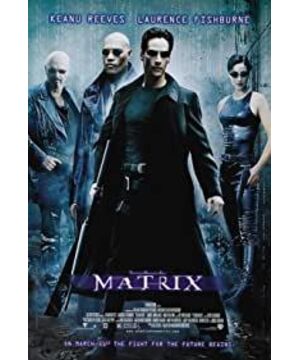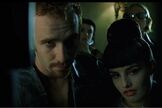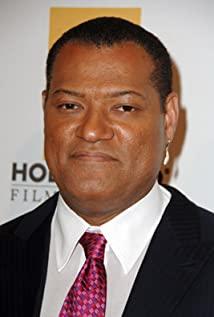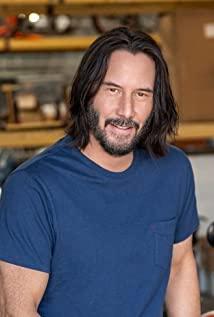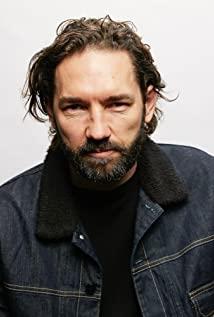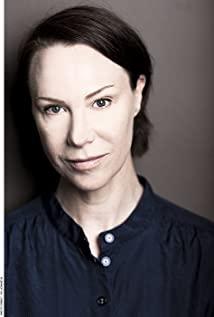I have never been a materialist. Although the domestic education system has instilled the theory of "the world is material, and the material world can be recognized" for many years, I still believe that the universe is vast and weird, and there are many things that cannot use material. To explain from the viewpoint of theory; and thought, sometimes even can transcend the body and accomplish some actions that ordinary people cannot accomplish. I think many of the unreserved criticisms of the world of consciousness in middle school textbooks are very far-fetched. For example, the political teacher must have told you that the phrase "the heart is calm and naturally cool" is wrong, because it falls into the category of idealism; but in real life, peace of mind can indeed reduce body temperature and cool the whole body. The effect of the hot summer is even more obvious. It is obviously a real phenomenon in life, but I insist on denying it and opposing it with a set of rhetoric. I think this is a very irresponsible behavior of Chinese education. From "the heart is calm and naturally cool" to "I think, therefore I am", it is the promotion of consciousism. The former only emphasizes that consciousness can affect the body, while the latter completely denies the view that the body determines consciousness. It believes that the human mind is the basis of all materials, and the body without the mind is a walking dead and has no meaning. This reminds me of some fantasy novels I read in my early years. The authors generally believe that the human soul is a set of memory codes. It has extremely powerful energy. On the contrary, the existence of the body restricts the power of the soul. The author even imagines that it has a highly civilized exterior. The stars have already broken away from the body, they are all groups of codes containing a lot of information, and all actions can be completed by only "thoughts". As an earth person with a physical body, I like this body. If it is only a memory code storage body, it will exist in order to taste more delicious food and go to more places; maybe we will really do it after the highly developed civilization A person can abandon his body and use a wave of thoughts to go to heaven and earth, and such a future is not impossible. We have heard some tests on the soul. Many people on the verge of death have the experience of the soul out of the body; the mysterious reincarnated spirit boy also seems to confirm the notion that the soul is immortal and the body reincarnate; but the most daring hypothesis appears in "The "Matrix", don't think it is just a dazzling high-tech movie, many of the lines have different depth. For example, Murphis trains Neo Kungfu. He said: Didn't you find out? You don't need to breathe in this space. . . I hope you can forget about yourself. Compared with the Chinese martial arts "man and sword", Murphis boss is undoubtedly superior. He is a man, a sword, and a man. He is no one without a sword, completely forgetting himself, and the implication is to forget the bondage of the body. Defeating opponents with infinitely expanding consciousness, I call it "absolute consciousism." In another paragraph, a cute boy similar to the little living Buddha in Tibet taught Neo how to bend the soup spoon with his mind. He said: Don't try to break the soup spoon, it is impossible. . . The spoon does not exist. . . What changed is not the spoon, but your heart. Seeing this, he smiled knowingly. Didn’t the director learn from the famous wind-moving flag case in the Buddhist case? Saying that a bunch of monks ate and rested at the entrance of the temple, and the flags flew on the flagpole at the entrance, a monk. Said: "The wind moves"; one monk said: "The flag moves"; the third monk said in depth: "Neither the wind moves nor the flag moves, but the heart is automatic." Buddhism said that the realm of this third person is not generally high. He raised simple natural phenomena to the realm of consciousness. He recognized the extraordinary function of consciousness, and also recognized that greed, hatred, and delusion all come from inner uncertainty. , Has come to a great realization. The Neo in the film can bend the spoon by changing his heart, but he is not a great enlightenment, but the first step to become a savior; this may be the different understanding of ideology between the East and the West: The East advocates self-cultivation to achieve self-salvation, while the West adopts Self-cultivation to save the world, broadly or narrowly, but it is difficult to have a precise limit, it is quite interesting. Although the power of consciousness is affirmed, consciousness can sometimes become an obstacle. Modern neuroscience research believes that everyone has more or less mental illness, and our common "obsessive-compulsive disorder" is a kind of mental illness. The typical "obsessive-compulsive disorder" patients will repeatedly verify one thing to calm their hearts. They desperately check whether the door is locked, whether the gas is closed before going to bed, or they keep washing their hands for fear of residual bacteria on their hands. In the patient’s brain, a certain consciousness is repeatedly emphasized, such as "If I do not check clearly, I can’t sleep at ease", "If I don’t wash my hands, I will become seriously ill", which becomes a hidden message. The situation will be reminded once, causing the patient to be unable to get rid of the shadow of obsessive-compulsive disorder. "Monkeys on the Himalayas" exemplifies this psychology very well. It is said that a village is very poor, and a wandering monk feels sympathy with the people’s tragedy and teaches him.
View more about The Matrix reviews


